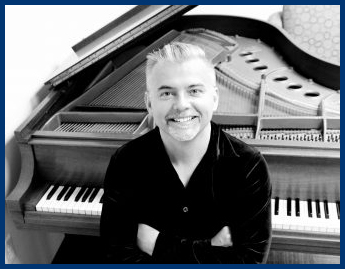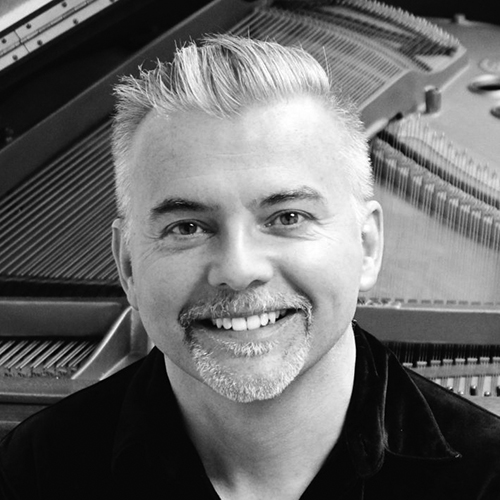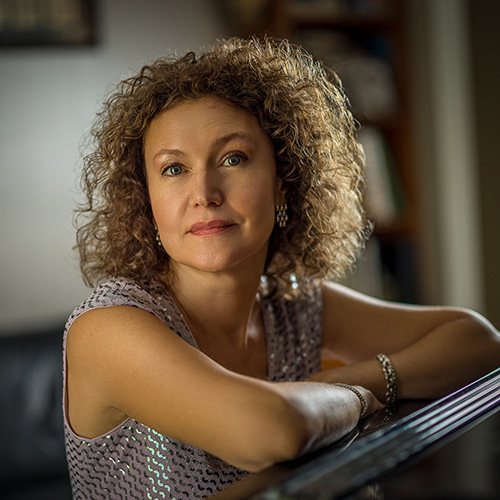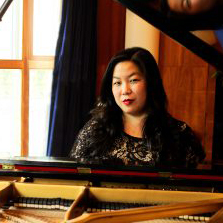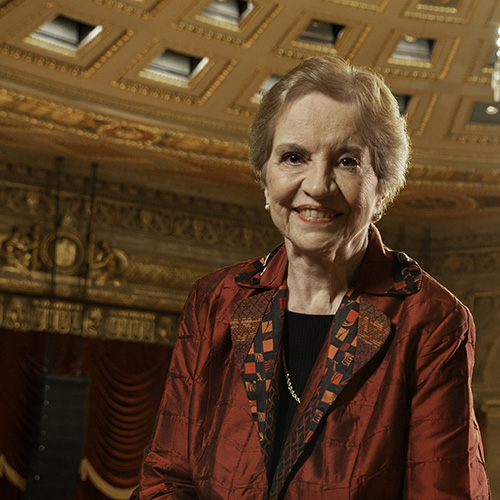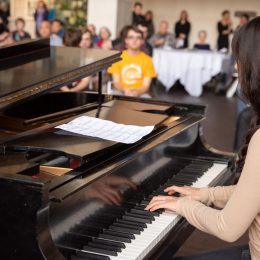
The Eastman Piano Accompanying Program is one of the oldest and most distinguished in the nation. Founded by Professor Emerita Jean Barr, the program currently comprises five faculty members and offers both the MM and DMA degrees. The degree in Piano Accompanying and Chamber Music combines intensive and equal study of instrumental and vocal repertoire, enhanced by a rigorous academic education emphasizing the study of foreign language, music history, and music theory. The program is dedicated to the pursuit of artistic, pianistic, and collaborative excellence, offering a uniquely comprehensive training for the professional collaborative pianists of the future.
